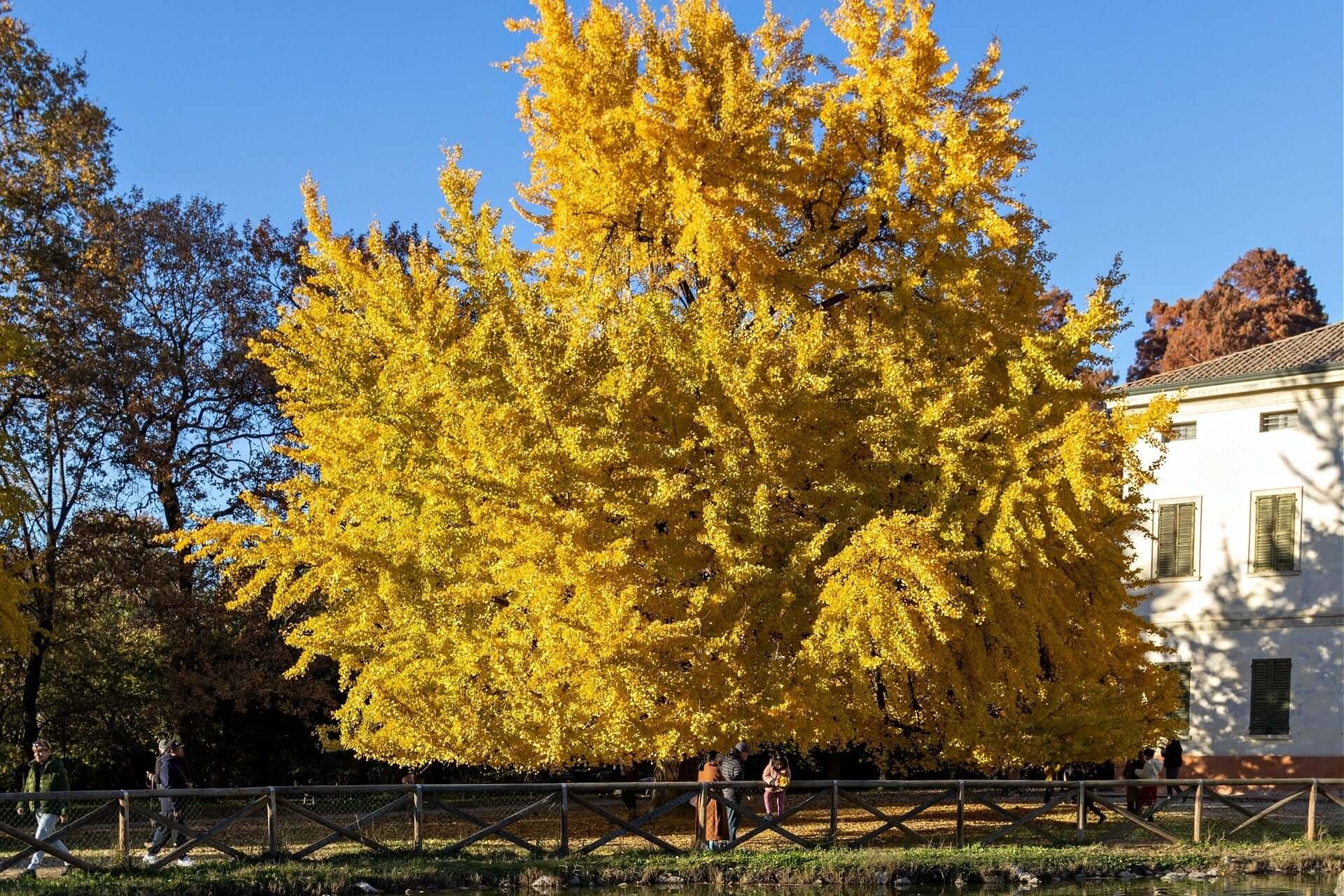American Arborvitae, or Thuja occidentalis, is a highly prized evergreen tree with lush green foliage gracing landscapes. Its pyramidal shape and dense growth make it a favorite for privacy hedges, windbreaks, and ornamental plantings. Whether you want to line your property with a natural barrier to your garden, this evergreen tree delivers year-round interest with minimal upkeep.
How tall do American arborvitae get?
The height of American arborvitae can vary, but they are generally known to reach anywhere from 15 to 50 feet tall, depending on the variety and the growing conditions. This variance makes them a versatile choice, as you can select smaller cultivars for more compact spaces or go for the taller varieties if you're aiming to create a towering green fence. Their slender build, typically spreading no more than 12 feet wide, allows them to fit nicely into narrow areas, providing vertical interest without overwhelming your garden.
American arborvitae can grow even taller in a natural, forested setting, particularly in northern climates where these trees are native. Here, they may reach their full potential height, stretching toward the sky in an effortless climb. However, gardeners who plant them in suburban or urban settings may see them cap out at a more modest height due to environmental factors like available light and soil conditions. If you want to encourage their growth to their maximum potential, providing rich, well-drained soil and ample space will give your trees the best chance to thrive.
How fast does American arborvitae grow?
Though not known for their rapid growth, American arborvitae exhibit a consistent and steady pace. Under ideal conditions, you can expect these evergreens to grow about 12 to 24 inches per year. This makes them particularly attractive for homeowners who appreciate predictable growth without the unpredictability of faster-growing species that can sometimes outgrow their space. The slow and steady progress means you won't have to worry about frequent pruning, but you'll still enjoy noticeable growth year over year.
The environment can influence their growth rate. Arborvitae planted in nutrient-rich, well-draining soil and receiving adequate water will generally perform better, showing more robust growth. They may grow slower in less-than-ideal soil, but they'll still maintain their health and form, as these trees are relatively hardy. Despite the steady pace, one of the beauties of American arborvitae is how quickly they start to provide screening and privacy in a landscape. Even before reaching their full height, they form a thick, lush barrier, making them an excellent choice for creating a natural fence.
What are the disadvantages of arborvitae?
While American arborvitae have many benefits, there are a few considerations when incorporating them into your landscape. One of the most notable is their need for consistent moisture, especially when young. Arborvitae have relatively shallow root systems, making them more vulnerable to drought than deeper-rooted trees. This characteristic makes it essential to monitor their water needs during dry spells, especially in their first few years of growth.

Another consideration is their susceptibility to certain pests, such as bagworms and spider mites. While these pests can occasionally cause damage, they rarely threaten the tree's long-term health if caught early. Regular inspection, particularly during the growing season, can help catch any infestations before they become serious.
Also, winter snow or ice can cause branches to bend or break. Arborvitae's dense foliage can catch large amounts of snow; without proper support, the weight can cause stress on the tree. If you live in an area with heavy snowfalls, gently brush the snow off the branches or wrap the trees in burlap during winter to prevent damage.
How far apart do you plant American arborvitae?
The spacing of your American arborvitae will depend on how you intend to use them in your landscape. For those planting them as a privacy screen, a common practice is to space them about 3 to 4 feet apart. This closer spacing encourages the trees to form a dense, uniform hedge as they mature, offering an effective barrier against wind, noise, or neighbors. While this may seem close, arborvitae grow upright rather than out, so the tight spacing helps create a seamless, green wall.
However, if you're planting American arborvitae as standalone elements in the garden, you may want to provide more room for them to spread. In these cases, spacing them 6 to 10 feet apart allows each tree to showcase its natural, elegant form without crowding its neighbors. This wider spacing also provides better airflow between trees, which can reduce the risk of fungal diseases in more humid climates.
If you plan a more formal or uniform look, measuring the space and ensuring each tree is planted at an even distance will contribute to a polished, professional appearance. On the other hand, if you're aiming for a more natural, informal hedge, you can stagger the spacing slightly for a softer, less structured feel.
In conclusion, American arborvitae is a timeless choice for gardeners looking to add height, structure, and year-round beauty to their landscape. With proper care, these evergreens will reward you with decades of lush, green growth, whether creating a private sanctuary in your backyard or adding a touch of grace to your garden. While there are a few considerations to consider, such as watering and pest management, the rewards far outweigh these challenges. By understanding American arborvitae's growth habits, height potential, and planting needs, you'll be well on your way to a thriving, beautiful landscape that offers beauty and function.
Read more

The beauty of a sourwood tree lies in its height, versatility, and ability to provide year-round interest. Whether you're drawn to its stunning foliage, graceful flowers, or the wildlife it attract...

For gardeners seeking a tree with historical significance, resilience, and beauty, Ginkgo biloba is an excellent choice. While it may take time to grow and establish, the tree's enduring nature and...



